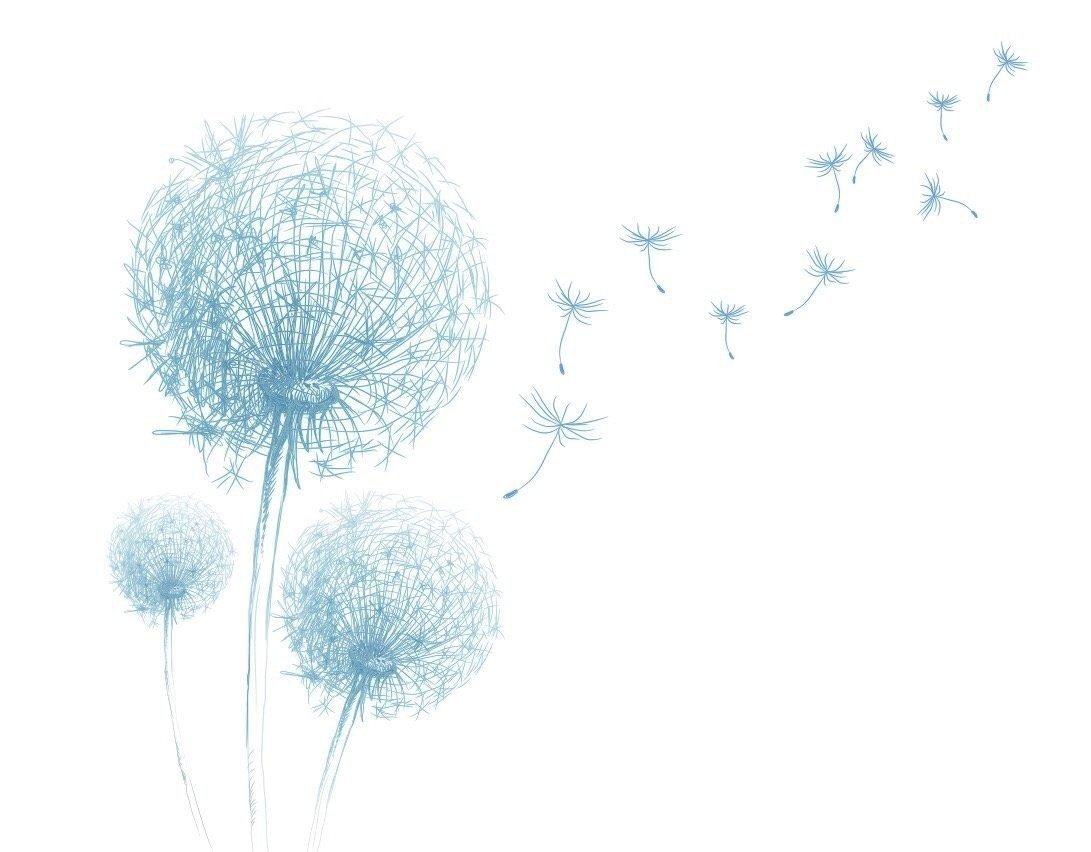
poems by rachel kellum
to comment ✒️ click on a title
In the Study, with the Candlestick
“How Parents Can Keep Kids Busy (and Learning) in Quarantine: as American schools close, parents are suddenly faced with the challenge of keeping their children occupied at home.” The Atlantic, March 16, 2020
Light catches in the dusty
window, crawls with juniper
shadows to night.
How slow we can go. How
many games we can play in one
day, week, months.
Cupboard forgotten cards
and pawns of childhood—
our own, our kids’—
sketch us just so, a study
of character, the revelation
and concealment
of hands, the microdistance
eyes travel to read motive,
intention, alliance.
Cardboard arenas of little
consequence: what we do, are
willing to do
to win, to lose, to anticipate
and thwart another’s loss
at personal cost,
to play and play until everyone
wins, everyone shouts YES!
at least once.
haiku for my love in the time of quarantine
love's bright corona
our bed a microbiome
touch your lips to mine
Blindfolded
Wrapped up in ropey thoughts
on a sea rock
surrounded by swords
limber, limbic
in micromovements
of tension, relaxation
I inch my way out.
29 Feb. 2020
Prop Plane Haiku
softly hiccupping
the small plane skips air pockets
impossible stone
above San Luis
heart slow-leaps the steep Sangres
above Wet Valley
14 February 2020
A Drift of Pigs
In the clearing past the woods
behind our neighborhood, we found
a shot-up car, glass dangling from the
gaping windshield like broken teeth,
a half burnt farm house with canned goods
and fruit preserves still on basement shelves
and outdated, thin cotton dresses in the closet
Better yet, an abandoned barn—full of straw
and a lazy rope— surrounded by a fenced yard
of wild grass and weeds needled through
two jerkified pigs, whiskered leather and teeth
eyes shrunken black
Squeals and groans
slow motion survey of the strange scene
tiptoeing through awful weeds
Who left you in the yard?
Was the farmer’s wife crying?
What is it like to die naked beneath the sky?
Was it night?
Were you hungry?
Yellow spread light across me,
my best friends and the pigs like butter
We moved from mundane mystery
to the stubborn barn door,
ran through the maze of stalls rich
with sweet old stink
Forgetting unlucky pigs, numb
or, perhaps, reveling in our living limbs
despite the pigs, we took turns
with the thick rotting rope, leaped
from the loft and swung
from rafters like promise
after promise after promise, flying,
falling into straw, newborn pigs
stunned by air and gravity
looking up into dust riding light
Three Late Winter Haiku
The stunted pine shakes.
Perched inside, a mound of snow—
sphinx heart carved by wind
* * *
A fat log burns bright.
Five friends roll six dice and laugh.
Everybody wins.
* * *
Graupel filled footprints
crunching back and forth for miles.
At least half are mine.
On Reading Woolf Again After 26 Years
–for Chrissy Mason, with fondness
Over Thai, bright eyed, Chrissy confessed
she once wrote out every sentence
Virginia Woolf ever penned.
Novels. Short stories, essays too.
The way the nuns would read
fine literature aloud and pause
as pupils scratched down word
for word in perfect penmanship.
The nuns were, I was, laying down the track,
she said, for what a sentence could do.
And now, as I re-read Orlando’s thoughts,
Clarissa’s— gasp at her shilling tossed
into the Serpentine, her never-Septimus
(Clarissa’s double; Woolf’s triple, and mine)—
and think them, I am also thinking Chrissy’s,
perhaps, marveling at Virginia’s odd clauses,
generous commas, semicolon hitches; hooking
coach cars; occupied by well-heeled, awkward
friends; freight cars bursting delphinium;
shadow cargo; centuries of ice coupled
with foiled men waking up as women;
everything pulling on everything else
behind the locomotive of her mind;
riding a rail that will never arrive,
or always; in Vita’s arms; in one of several
lakes; in my hands; yours. Call it luck
to rattle under the warping weight of her,
all of us, every place: her station.
Ballistics
Twenty years forward
six feet behind
the antique rocker (point one)
in which I nursed
my firstborn son—
a bullet hole in the floor
instead of his head
(the second and third points
of a scalene triangle),
blessed.
My Argument with Sartre's Math
One always dies too soon or too late. And yet, life is there, finished: the line is drawn, and it must all be added up. You are nothing other than your life. — Jean-Paul Sartre
We outgrow the earth
from which we grew
our early fame and infamy,
seeds flung by storms
into new, forgotten grounds.
Or, we compost our youth.
George Sand’s sturdy suits,
love affairs, tobacco smoke—
soil—for menopausal altruism.
Malcolm X’s white devils
for brotherly love’s final gun.
Mark Twain’s naive Finn and Jim
for the dark Mysterious Stranger.
Ram Dass’ Harvard spin with LSD
for Now’s inner God of Stroke.
My father’s four kids—cut losses—
for a Spirit World pardon of a line
of broken boys-turned-our-fathers.
My early LDS One True Church
for many truths, for Natural Mind.
For what blooms will you be known
after your long, weedy life?
Change the metaphor, Writer, Fisher,
hope your readers understand
your denouement and fall with you,
uncaught by the unknotted net.